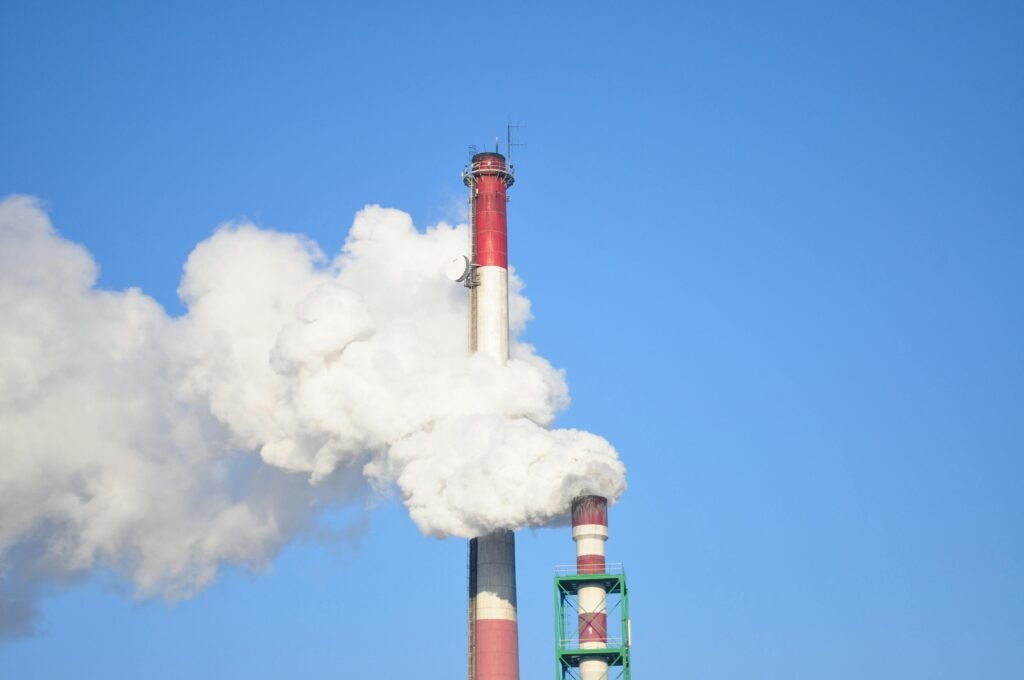Today, we turn our attention to a piece of legislation currently making waves in Washington: the “One Big Beautiful Bill Act” (HR 1).
This proposed law, which recently saw its motion vote passed in the House, is now facing a contentious battle in the Senate, particularly as a diverse group of Republicans, led by Senator Joni Ernst, grapple with its far-reaching implications for clean energy and climate initiatives.
This “Big Beautiful Bill” is far from a benign piece of legislation; it proposes significant and, for many, alarming changes to the landmark Inflation Reduction Act (IRA). The IRA was a pivotal step forward in the fight against climate change, designed to drastically reduce greenhouse gas emissions and accelerate the transition to clean energy through substantial investments and incentives. However, HR 1 aims to dismantle many of these crucial provisions, raising serious concerns about a potential reversal of progress and a detrimental impact on our climate goals.
Unpacking the Climate-Related Concerns within the “Big Beautiful Bill”
The core of the apprehension surrounding this bill lies in its direct assault on established climate action frameworks:
- Repeal of Clean Energy Tax Credits: A central pillar of the “Big Beautiful Bill” is its accelerated repeal of vital tax credits that have been instrumental in fostering the growth of renewable energy technologies, such as solar and wind power. These credits serve as powerful incentives, driving private investment into clean energy projects. Their elimination could significantly hinder the expansion of renewable energy infrastructure, slowing down our transition away from fossil fuels and undermining efforts to decarbonize our energy grid.
- Undermining the Inflation Reduction Act: In essence, this legislation seeks to effectively repeal or severely curtail numerous provisions of the IRA. The IRA represented the largest climate investment in U.S. history, aiming to reduce emissions by 40% below 2005 levels by 2030. By rolling back these measures, HR 1 threatens to negate the substantial progress and momentum gained in promoting clean energy and combating climate change.
- Potential for Increased Energy Costs: Analysts are issuing stark warnings that the elimination of these clean energy tax credits could directly translate into higher energy costs for consumers. Without the incentives that help make renewable energy more competitive, traditional, often more volatile, energy sources may dominate, potentially leading to noticeable increases in electricity bills and overall household expenses.
- Job Losses in the Green Sector: The burgeoning clean energy sector has been a significant source of new jobs, driven by private investment spurred by existing policies. Estimates suggest that the provisions within the “Big Beautiful Bill” could lead to substantial job losses across this vital sector, impacting communities that have embraced the transition to a green economy.
- Broader Environmental Degradation: Beyond energy, the bill’s proposed rollbacks of various environmental protections could have cascading negative impacts on our natural resources. This includes a potential decline in air and water quality, leading to increased pollution and heightened health risks for communities, particularly those already disproportionately affected by environmental hazards.
- Public Lands at Risk: Disturbingly, HR 1 includes provisions that could facilitate the sale of precious public lands to polluting industries. This not only threatens to damage pristine natural environments but also poses a direct threat to the communities that rely on these lands for recreation, clean resources, and cultural heritage. It represents a move away from protecting shared natural assets for future generations.
- Weakening “Polluter Pay” Principles: The bill also aims to establish a system where polluting industries could potentially avoid full responsibility for their environmental damage by simply paying a fee. Critics vehemently argue that such a “polluter pay” provision, rather than holding industries accountable, effectively grants them a license to pollute without genuine consequence, undermining the very principle of environmental justice.
In essence, the “One Big Beautiful Bill Act” is perceived by many as a significant and alarming setback for climate action, threatening to reverse hard-won progress in the fight against climate change and imposing additional energy burdens on consumers. The ongoing battle in the Senate highlights the critical juncture we face in shaping our environmental and economic future.
At Sustainable Action Now, we believe it’s imperative for citizens to stay informed and engaged on such pivotal legislative developments. Our collective voice is crucial in advocating for policies that prioritize long-term environmental health and sustainable economic growth over short-sighted interests. For more information on climate action and how you can make a difference, we encourage you to explore our resources at https://sustainableactionnow.org/category/climate/. At Sustainable Action Now, our mission is to illuminate critical issues impacting our planet and empower individuals to advocate for a more sustainable future.


